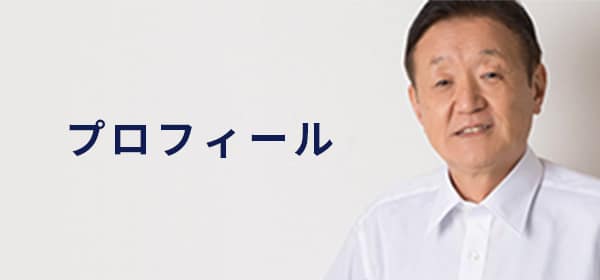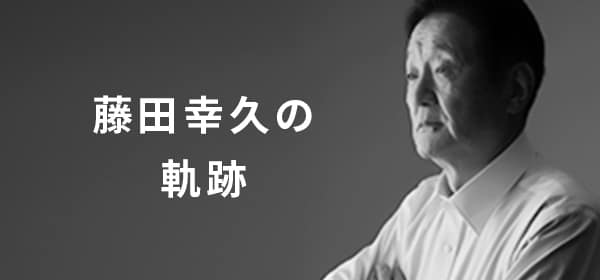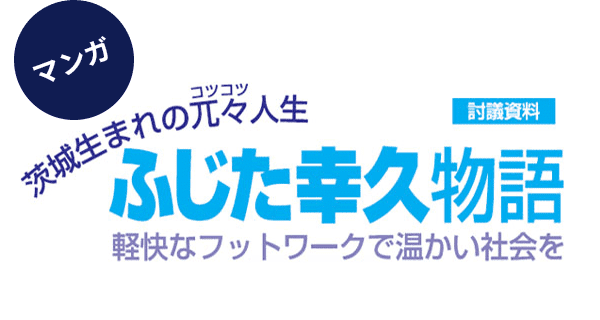ブログ
Spoke at JV 80 event in Newbury2025年08月11日
I spoke at "Revenge and reconciliation: after war, what next?" in Newbury the UK, on August 11. It is related to the JV 80 event.
John Bond reported:
As Britain commemorates the 80th anniversary of the end of the war with Japan, a British civic leader called a meeting on how we can work today to repair shattered countries, lives and international relations after war.
In the English town of Newbury last week, 70 people attended a meeting on ‘Revenge or reconciliation: after war, what next?’ Its aim was to reflect on how to repair shattered countries, lives and international relations after warfare, during the week when Britain commemorates the 80th anniversary of the end of the war with Japan.
(photo: l to r) Howard Grace, Yukihisa Fujita, Tony Vickers, Edward VickersThe meeting was hosted by Dr Tony Vickers, Chair of West Berkshire Council, who served for 20 years in the British Army. 'I sense despair and lack of trust in our rulers,' he told the audience, 'and I want to restore some sense of hope and faith in the future. The people you will hear from today have been working for peace in various ways, and it has been humbling to hear what they are doing.'
He said that the idea for the meeting emerged from a showing of the film 'The Hardest Bridge' which deals with peace and reconciliation in Northern Ireland. 'It made me think that the message of reconciliation, the power of forgiveness can apply to many conflicts including the ones that we experience today.'
He invited journalist Bernard Clark to chair the meeting. Clark, who works with the BBC and other media in Japan, described how moved he had been by a ceremony with school children at the memorial to the dropping of the atomic bomb on Nagasaki. 'This meeting is looking at reconciliation and forgiveness – which we don't talk about enough,' he concluded.
Former Japanese politician Yukihisa Fujita speaks at the meeting.He was followed by Yukihisa Fujita, former Vice Minister of Finance in the Japanese Government. As a young man, Fujita said, he had joined the cast of an IofC musical, 'Song of Asia'. As he listened to people from his neighbouring countries, 'I realised how ignorant I was about what my father's generation did in the war. When a man from Hong Kong told me of Japanese cruelty during their rule, I was shocked. As I learnt more, I decided to take as my life’s work to reconcile Asian neighbours.'
This was not easy, because it meant bringing difficult historical events into the light. He told of his decision to expose wrongdoing which the Japanese Prime Minister of the time was attempting to hide. He also told of people who had forgiven cruel treatment, and of the impact of this change of heart. In one instance, a Welsh trade union leader who overcame his hatred of Japan played a key role in enabling a Japanese steel company to be welcomed to Llanwern in Wales.
The next speaker was Professor Edward Vickers, UNESCO Chair on Education for Peace, Social Justice and Global Citizenship at Kyushu State University, Japan. Married to a Japanese, his family is at home in both Japanese and British culture. Anti-Japanese sentiment is sincerely felt by many Chinese and Koreans, he pointed out, and this has implications for international relations. Commitment to peace has become central to Japanese identity, but it is predicated on a view that, as the only country to have suffered from atomic warfare, no-one has experienced war as the Japanese have. History text books for Japanese schools skate over events such as the massacre of Chinese in Nanjing by Japanese troops.
Britain has its own problems with our history, he continued. History is compulsory in schools only to the age of 14, and many teachers cherry-pick, leaving aside the more difficult aspects of British history. This creates a triumphalist approach. 'Like Japan, we have a dangerous cocktail of historical and cultural ignorance. Along with a conviction of our special national qualities, this enhances a tendency to blame our troubles on hostile foreigners or enemy aliens. If we are to avoid another global conflict, we need to tell the story of the Second World War as a sober reminder of our shared human frailties.'
Numerous participants then shared their thoughts and experiences, including people with extensive military experience, people in civic leadership, a former army chaplain. There was wide recognition that hiding the wrongs of the past opens the way to repeating those wrongs. Several expressed their appreciation of reconciliation with former enemies, but pointed out that today many people are advocating nationalistic policies which in the 1930s led to war, and these policies are being implemented by some governments. What can we do about it?
Various ideas emerged. There was wide agreement that education has a key role. One speaker pointed out that France and Germany fought each other in three major wars in 70 years, but now many schools in both countries teach their history from text books written jointly by historians of both countries. This approach could help broaden British pupils' understanding of controversial issues such as the British Empire.
Dr Vickers concluded the meeting with appreciation for the many contributions. 'We need to talk about these things if we are to manage the future rightly.'
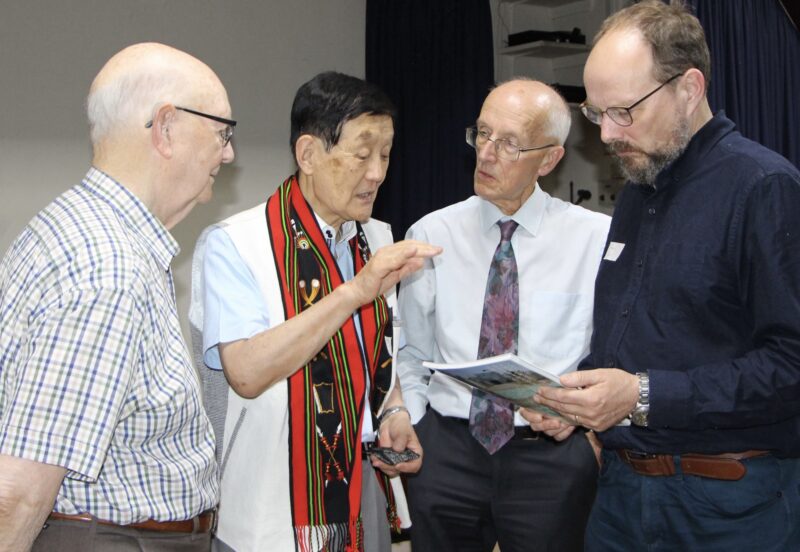
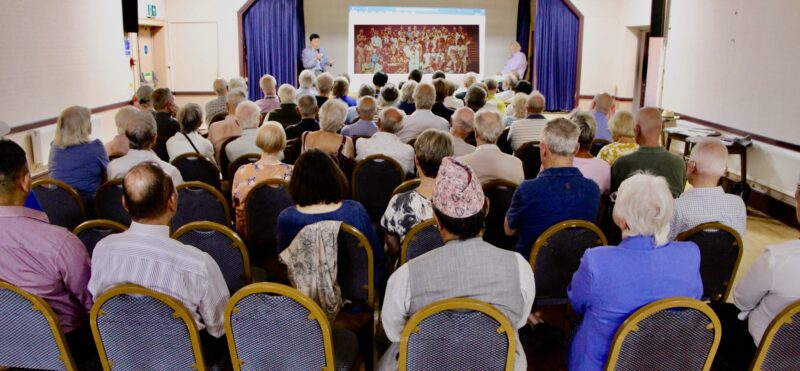
- アーカイブ
-





